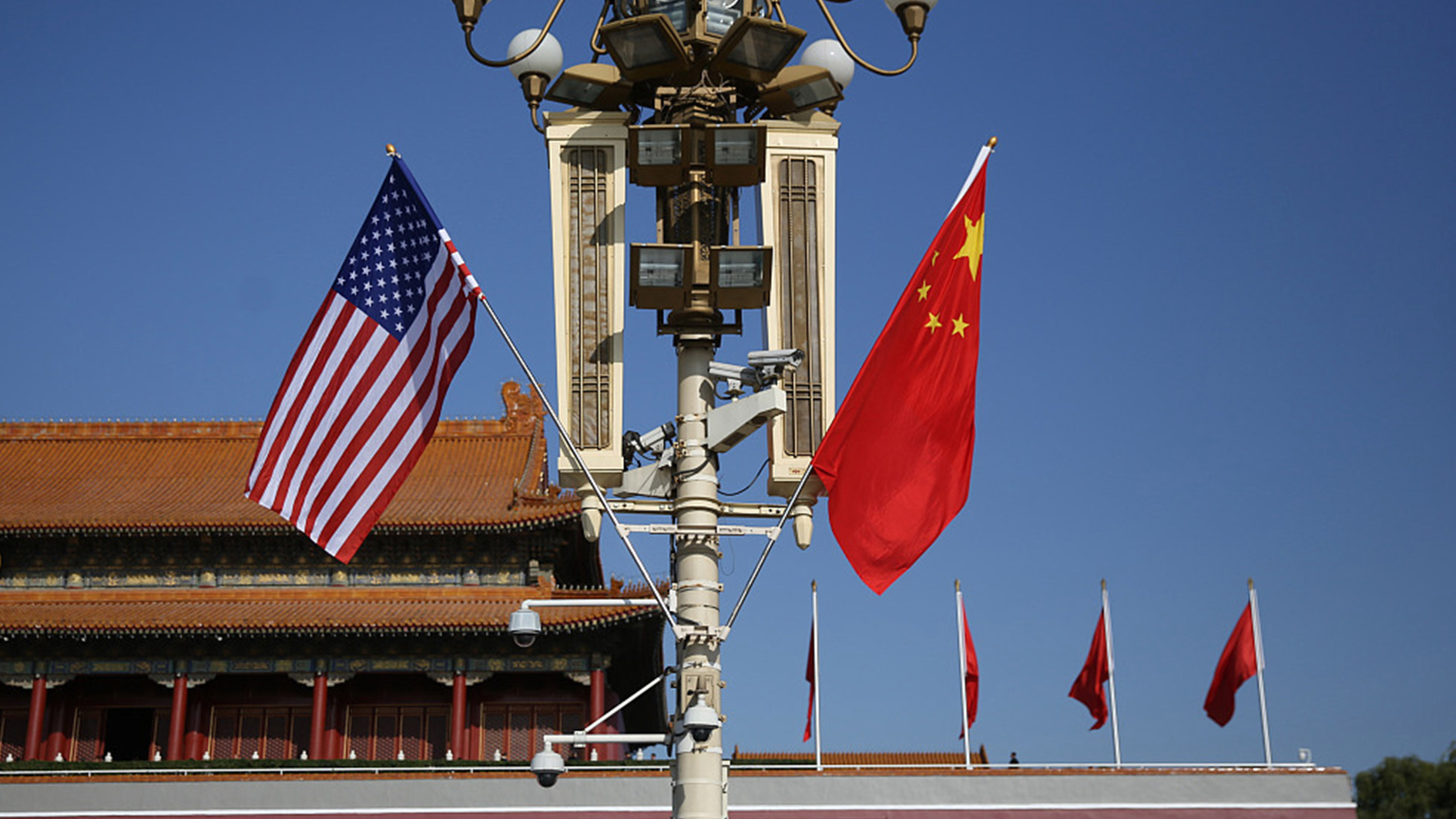

This year marks 40 years since the establishment of diplomatic relations between China and the United States. Bilateral trade and investment between the two countries have grown exponentially during the past four decades, student exchange and tourism numbers have soared and peace has been maintained in the Asia-Pacific. Yet, over the past year, trade frictions between the two countries have cast a shadow on bilateral relations and drawn global attention.
Regarding the root of tensions between the two powers, Jorge Heine, former Chilean ambassador to China, stated that the competition between China and the United States is the competition between the two largest economies in the world, which once again reflects the relationship between the major powers portrayed by the Thucydides' trap. "I would say that two sides need to avoid it," he suggested.
Since the start of the trade war between China and the U.S., comments on both sides have been concerned about whether we are returning to the Cold War. Peter Kuznick, professor of history and director of the Nuclear Studies Institute at American University worries that there are people in the United States who would welcome military confrontation with China.
He pointed out that throughout the Cold War there were American generals and others who welcomed a war between the United States and the Soviet Union. They believe that the United States would maximize the benefits from a war. "Some people, I am afraid, in the United States, have the same attitude towards China now," he added.
However, Christopher Nixon Cox, grandson of former American President Richard Nixon, believes that the U.S. and China will find it impossible to go back to the tensions of the Cold War. The reason is that these two countries are too interconnected. Going back to the Cold War is in neither side's interest.
"I really believe that Chinese people and American people have so many similarities. We come from big and very productive countries, and we have a lot in common. So I think that people from our countries will not let another cold war happen," he emphasized.

In fact, for 40 years, the United States' China strategy alternated between cooperation and containment. While in the view of Jack Snyder, professor of International Relations at Columbia University, economic interdependence gave lots of incentives to continue peaceful relations because it is too expensive to disrupt the cooperation. So it's very unwise if China and the U.S. want to turn away from the cooperation.
Yan Xuetong, Dean of Institute of International Relations at Tsinghua University, also suggested the competition between China and the U.S. will disturb the existing world order. What we should be concerned about is to prevent the disturbance from escalating into a war. Furthermore, the disturbance does not mean that the world will turn around; on the contrary, rebalancing between China and the U.S. could contribute to a new world order.
(If you want to contribute and have specific expertise, please contact us at opinions@cgtn.com)

Copyright © 2018 CGTN. Beijing ICP prepared NO.16065310-3
Copyright © 2018 CGTN. Beijing ICP prepared NO.16065310-3